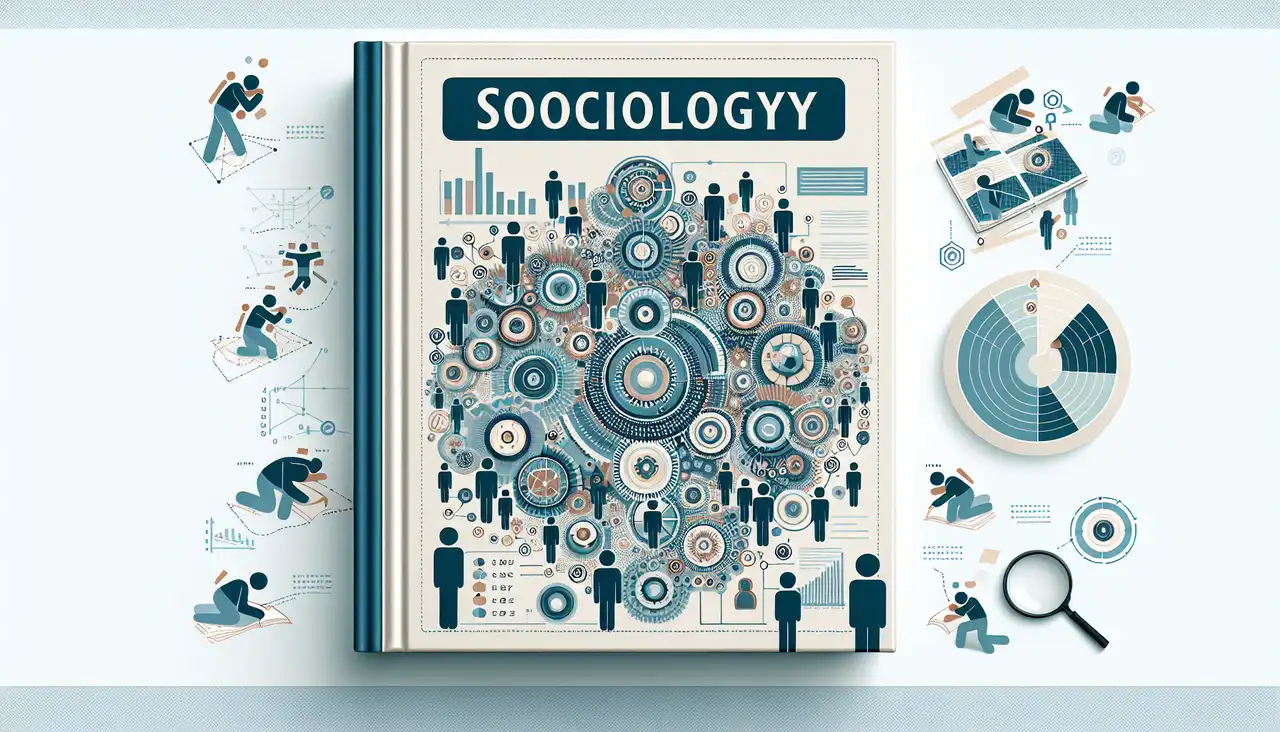

Amy Traver
Professor inspiring future generations in the field of sociology, Dr. Amy Traver is an Associate Professor at Queensborough Community College (QCC), part of the City University of New York (CUNY) system. Her academic focus lies in community college pedagogies and the intricate dynamics of race, ethnicity, gender, and religion within American adoptive families. Dr. Traver's work is characterized by her collaborative spirit, as she partners with students and colleagues from various disciplines to explore a wide array of sociological topics. Dr. Traver's research interests extend to critical areas such as gender and disabilities, genocide education, maternal norms, and the infrastructure of New York City. Her dedication to interdisciplinary collaboration is evident in her active involvement with QCC's Kupferberg Holocaust Center, where she facilitates student engagement in meaningful sociological research projects. This involvement not only enriches the academic experience of her students but also contributes to the broader understanding of sociological phenomena. Currently, Dr. Traver is delving into the history of orphan care in New York, a project that underscores her commitment to uncovering and analyzing historical and contemporary social issues. Her research is not only academically rigorous but also socially relevant, addressing pressing questions about identity, community, and social justice. Dr. Traver's contributions to the field of sociology are well-documented through her numerous publications and presentations. Her work is widely recognized for its depth and impact, providing valuable insights into the complexities of human societies. Her dedication to teaching and research makes her a vital part of the academic community at QCC and beyond. In addition to her research and teaching, Dr. Traver is known for her mentorship and support of students, guiding them to develop their own sociological inquiries and encouraging them to pursue their academic and professional goals. Her commitment to education and research continues to inspire and shape the next generation of sociologists.
Publications
, 418-420, 2014-03-01
, 497-514, 2006-09-01
, 221-241, 2007-05-01
, 131-133, 2022-03-01
, 71-73, 2019-12-06
, 161-173, 2018-08-30
, 2014-07-22
, 832-834, 2006-12-01
, 226-241, 2014-01-01
, 201-220, 2007-07-28
, 69-91, 2018-01-01